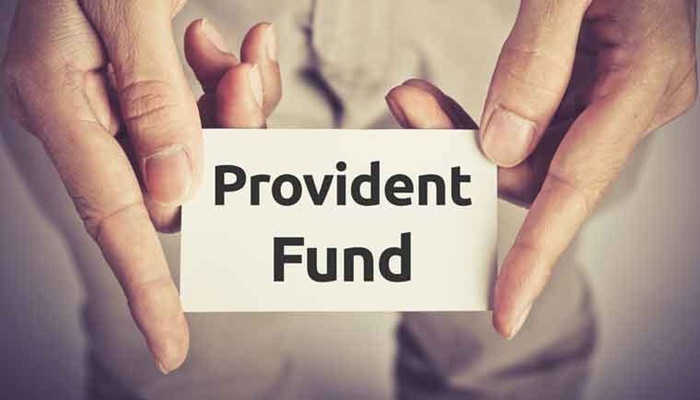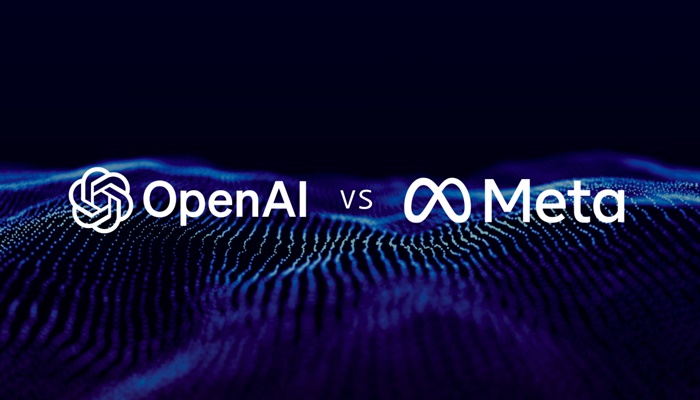In a world that never sleeps, where the hustle is glorified and our digital lives are on constant display, a new kind of malaise has begun to emerge: toxic productivity. It’s the nagging voice that tells you that you’re not doing enough, the guilt that creeps in when you’re simply relaxing, and the relentless pressure to be “on” at all times. But is this a real phenomenon, or is it just the latest buzzword for laziness? The answer, according to a growing consensus of experts and a new wave of generational introspection, is that toxic productivity is very much a real and deeply damaging thing. It’s a quiet crisis of the modern age, a relentless marathon of “doing” that offers little in the way of real fulfillment and much in the way of stress and burnout.
At its core, toxic productivity is an unhealthy obsession with being constantly busy and productive, often at the expense of our mental, emotional, and physical well-being. It’s not about working hard to achieve a goal; it’s about a compulsion to do for the sake of doing, driven by a deep-seated fear of being seen as unproductive or, worse, a failure. It’s the feeling of a day wasted if you haven’t checked off every item on an endless to-do list, or the inability to enjoy a quiet weekend because you feel like you should be working on a side project or “getting ahead.” This internal pressure, as noted by experts in publications like Vogue and Medium, is a genuine psychological phenomenon rooted in perfectionism, guilt, and the pervasive performance culture of our society. It’s the paradox of the modern worker: even as we accomplish more than ever before, we feel less fulfilled and more exhausted.
Is This Generation Misunderstood or Plain Lazy
One of the most common – and misguided – critiques of the concept of toxic productivity is that it’s just an excuse, particularly among younger generations. The stereotype of Gen Z being “lazy” and using this term as a way to avoid hard work is a pervasive narrative, but one that experts and research strongly refute. The notion that an entire generation is simply choosing to be unproductive is not only inaccurate but also fails to acknowledge the genuine pressures and different coping mechanisms that have emerged in a new era of work.
According to research from platforms like ResearchGate, younger generations like Gen Z are more likely to use avoidant coping strategies when faced with toxic workplace dynamics. This isn’t laziness; it’s a different approach to stress. While Millennials and Gen X might have been more conditioned to “power through” or “tough it out” in a difficult work environment, Gen Z, having grown up in an era of heightened awareness around mental health and burnout, may be quicker to identify and disengage from unhealthy patterns. Instead of seeing this as a sign of weakness, it can be viewed as an evolved stress response—a refusal to normalize a work culture that leads to burnout and exhaustion. They are not rejecting work itself, but rather the unhealthy expectations and unsustainable pace that have been glorified for decades. This shift reflects a move away from the traditional, rigid work model and towards a more balanced and sustainable approach to professional life. It’s a sign of a generation that is more attuned to its own well-being, not one that is afraid of a challenge.
Experts Agree That It’s a Genuine and Harmful Phenomenon
The idea that toxic productivity is a real and harmful force is not just a feeling, it’s backed by a consensus of professional psychologists and management experts. They see the negative effects manifest in both our personal and professional lives. Psychologists like Eva Elisa Schneider have highlighted the direct link between this compulsion and a host of debilitating issues, including increased guilt, chronic burnout, disrupted sleep patterns, strained relationships, and, ironically, a diminished ability to perform well over the long term. This is because rest is not a luxury; it is a fundamental component of sustainable productivity. Our brains and bodies need downtime to recharge, consolidate information, and perform at their best.
Further distinguishing this phenomenon from a healthy work ethic are psychotherapist Israa Nasir and goal-setting specialist Caroline Adams Miller. They draw a clear line between toxic productivity, which is fueled by guilt and a relentless pursuit of perfection, and healthy productivity, which is purposeful, sustainable, and aligned with our long-term goals. The former is a cycle of shame and exhaustion; the latter is a cycle of purpose and fulfillment. It’s the difference between doing something because you feel like you have to, and doing it because it brings you closer to what you genuinely want. Management experts from institutions like TIME and Wikipedia also underscore this point, highlighting how emotional well-being is not a separate issue but a core component of effective performance. Emotions like stress, overwhelm, and anxiety directly impair our cognitive function and decision-making abilities. Without emotional safeguards and healthy boundaries, our work will inevitably suffer.
How Does One Break Free
Recognizing the problem is the first step; breaking free is the next. Escaping the cycle of toxic productivity requires a deliberate, intentional shift in mindset and habits. It’s about re-training your brain to value rest as much as you value work, and to define your self-worth by who you are, not by what you produce.
The first antidote to toxic productivity is to change the motivation behind your work. Instead of being driven by guilt or external validation, align your goals with a deeper purpose. Ask yourself: “Why am I doing this? Is this serving my long-term vision, or am I just doing it to feel busy?” This practice helps you differentiate between meaningful action and an empty pursuit of busyness. It shifts the focus from an external checklist to an internal compass.
Second, learn to implement structured rest. You can’t outrun burnout. The most effective professionals understand that rest is not a break from work but a critical part of the work process itself. Implement structured rest periods, such as micro-breaks (5 minutes every hour), or use the Pomodoro Technique (25 minutes of deep work followed by a 5-minute break). Schedule in longer breaks and use them to truly disconnect. This isn’t about just putting down your work; it’s about actively doing something that recharges you, whether that’s a quick walk, a stretch, or a moment of meditation.
Our society has intertwined our personal identity with our professional output. To combat this, you must learn to detach your self-worth from your work. Your value as a person is not determined by your productivity, your job title, or your last performance review. This is perhaps one of the most difficult but essential steps. Recognize that a setback at work does not make you a failure, and a success does not make you a superhuman. You are a person who works, not a work-machine who occasionally rests.
Discover and incorporate mindfulness and non-achievement activities. You must avoid the constant “doing” and embrace “being.” Make time for activities that are not tied to any kind of measurable achievement. This could be a creative hobby, a walk in nature, or simply sitting in silence. Mindfulness practices, such as meditation or breathwork, can help you train your brain to be present in the moment rather than constantly racing to the next task. These activities help to restore balance and remind you that your life is about more than a to-do list.
The underlying stress and emotional exhaustion that fuel toxic productivity must be addressed directly. This involves scheduling emotional check-ins, either with a therapist, a trusted friend, or simply with yourself. Learn to recognize the signs of stress and overwhelm. More importantly, set emotional boundaries. Learn to say “no” to tasks that will push you past your limits and to detach from the pressure to be constantly available.
So finally, toxic productivity is not a myth or a generational excuse. It’s a genuine, harmful phenomenon that is deeply rooted in our modern performance culture and can lead to burnout, stress, and a profound lack of fulfillment. It’s a cycle that perpetuates itself, but it can be broken. Experts in psychology and management agree on the importance of intentional purpose, structured rest, boundaries, and emotional well-being. By moving away from a guilt-driven, unsustainable chase for more and toward a purposeful, balanced approach to work and life, we can reclaim our time, our energy, and our joy.


















